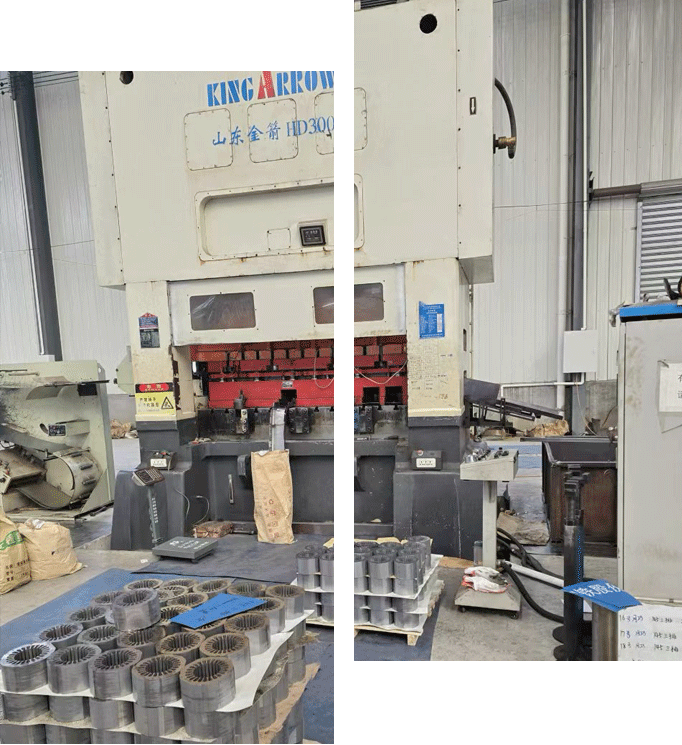Sep . 06, 2024 14:11 Back to list
Single Phase Borehole Pump - Efficient Water Solutions
Understanding Single Phase Borehole Pumps An Overview
Single phase borehole pumps are vital components in various applications, particularly in agricultural irrigation, domestic water supply, and industrial processes. These pumps are designed to extract water from deep underground, making them suitable for regions with limited surface water sources.
What is a Single Phase Borehole Pump?
A single phase borehole pump operates using a single phase electric motor and is typically submerged in water wells or boreholes. This pump draws water from underground aquifers by utilizing a series of impellers to create pressure and move water to the surface. Unlike three-phase pumps, which require more complex electrical connections and are generally used in larger operations, single phase models are straightforward, efficient, and easier to install, making them ideal for residential and smaller commercial use.
Advantages of Single Phase Borehole Pumps
1. Simplicity in Installation One of the primary benefits of single phase borehole pumps is their simple installation process. With standard electrical connections, homeowners or small business operators can often install these systems without requiring extensive electrical expertise.
2. Cost-Effective Single phase pumps are typically less expensive than their three-phase counterparts. This affordability extends not only to the initial purchase price but also to maintenance and operational costs.
3. Energy Efficiency These pumps are known for their energy efficiency. The single phase electric motors they employ consume less power, which translates into lower electricity bills for users.
Choosing the Right Pump
single phase borehole pump

When selecting a single phase borehole pump, several key factors must be considered
1. Pump Capacity Understanding your water needs is crucial. This includes determining the required flow rate (liters per minute or gallons per hour) based on your application.
2. Depth of the Water Table Knowing the depth to which the pump will be submerged is essential. Different pump models have varying capacities concerning the depth they can effectively operate.
3. Well Diameter The borehole's diameter must accommodate the pump chosen, ensuring it fits properly without compromising performance.
4. Material and Build Quality The construction material of the pump is critical for durability. Pumps made of stainless steel or high-grade plastic are preferred for their corrosion resistance and longevity.
Maintenance of Single Phase Borehole Pumps
Regular maintenance is pivotal to ensure the operational efficiency and longevity of a borehole pump. This includes checking for leaks, ensuring the electrical connections are secure, and cleaning the pump to prevent sediment build-up. Annual professional inspections can also help identify potential issues before they escalate.
Conclusion
In summary, single phase borehole pumps represent an effective solution for water extraction in various contexts. Their cost-effectiveness, ease of installation, and operational efficiency make them a popular choice for meeting water needs in both residential and agricultural settings. By understanding their functionalities and maintaining them properly, users can rely on these pumps for a consistent and reliable water supply.
-
Submersible Water Pump: The Efficient 'Power Pioneer' of the Underwater World
NewsJul.01,2025
-
Submersible Pond Pump: The Hidden Guardian of Water Landscape Ecology
NewsJul.01,2025
-
Stainless Well Pump: A Reliable and Durable Pumping Main Force
NewsJul.01,2025
-
Stainless Steel Submersible Pump: An Efficient and Versatile Tool for Underwater Operations
NewsJul.01,2025
-
Deep Well Submersible Pump: An Efficient 'Sucker' of Groundwater Sources
NewsJul.01,2025
-
Deep Water Well Pump: An Efficient 'Sucker' of Groundwater Sources
NewsJul.01,2025
-
 Submersible Water Pump: The Efficient 'Power Pioneer' of the Underwater WorldIn the field of hydraulic equipment, the Submersible Water Pump has become the core equipment for underwater operations and water resource transportation due to its unique design and excellent performance.Detail
Submersible Water Pump: The Efficient 'Power Pioneer' of the Underwater WorldIn the field of hydraulic equipment, the Submersible Water Pump has become the core equipment for underwater operations and water resource transportation due to its unique design and excellent performance.Detail -
 Submersible Pond Pump: The Hidden Guardian of Water Landscape EcologyIn courtyard landscapes, ecological ponds, and even small-scale water conservancy projects, there is a silent yet indispensable equipment - the Submersible Pond Pump.Detail
Submersible Pond Pump: The Hidden Guardian of Water Landscape EcologyIn courtyard landscapes, ecological ponds, and even small-scale water conservancy projects, there is a silent yet indispensable equipment - the Submersible Pond Pump.Detail -
 Stainless Well Pump: A Reliable and Durable Pumping Main ForceIn the field of water resource transportation, Stainless Well Pump has become the core equipment for various pumping scenarios with its excellent performance and reliable quality.Detail
Stainless Well Pump: A Reliable and Durable Pumping Main ForceIn the field of water resource transportation, Stainless Well Pump has become the core equipment for various pumping scenarios with its excellent performance and reliable quality.Detail
